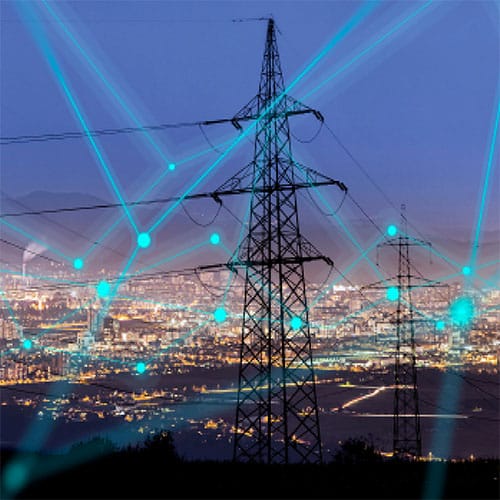In the current context, Europe is transforming to embrace a bold energy transition, where flexibility plays a crucial role. Energy companies, pioneers of this growth, use advanced techniques to shape an adaptable and resilient electricity system. Through a harmonious integration of renewable energies, they manage to balance the overloads on the grid while optimizing fluctuations in demand. Innovative storage initiatives, like redox flow batteries or compressed air storage, illustrate how companies can leverage this flexibility. By rethinking long-term contracts and focusing on non-fossil sources, they are shaping the energy future of Europe.
In the context of the energy transition, network flexibility is essential for effectively integrating renewable energies. European energy companies can take advantage of this flexibility to respond to demand fluctuations and avoid overloads. By adopting measures such as long-term contracts for non-fossil energies, they pave the way for a more adaptable electricity system. The pooling of networks through interconnections and energy storage using solutions like compressed air storage or redox flow batteries offers new opportunities. Finally, residential consumers are becoming key actors, benefiting from the financial opportunities that this dynamic brings. By adapting, companies can not only secure their energy supply but also contribute to the energy security of all of Europe.

Leveraging Flexibility in the Energy Sector
European energy companies, facing the rise of renewable energies, are moving towards greater flexibility in the electricity grid. This allows them to effectively adapt their production to market-driven fluctuations. By encouraging long-term contracts favoring non-fossil energies, players in this sector ensure an energy transition that is more aligned with current environmental needs. This approach also integrates processes like energy storage to mitigate production gaps. These strategies not only address energy challenges but also provide viable long-term solutions.
The pooling of infrastructures, such as the integration of energy networks through interconnections, also plays a key role. Companies take advantage of this by exploiting geographical specificities, contributing to better management of grid overloads. This also encourages supply security, a crucial step to avoid exorbitant electricity costs, as seen during past crises. By adopting this approach, energy companies can absorb variations, thus ensuring economic stability in the face of uncertainties.
The Importance of Flexible Demand
The growing importance of programs that recover demand flexibility cannot be overstated. These initiatives, by involving residential consumers, transform them into active players of change. By adjusting their consumption, they benefit from financial rewards while contributing to the balance of the grid. This represents an innovative method to integrate eco-friendly solutions, reducing Europe’s carbon footprint over time.
Emerging Technologies for a Flexible Grid
Technological advances such as battery storage systems are revolutionizing energy management. These innovations facilitate the strengthening of the grid by adapting to variations in renewable production, as well as to the continuously increasing demand for electricity. By using tools like photovoltaic sensors, companies can not only maximize their production but also minimize losses. The combination of these technological tools into a resilient electricity system helps to bridge the gaps in conventional energy, promising a sustainable energy future for the entire European continent.
« La flexibilité au travail est une soft skill fondamentale » https://t.co/hrlzazGOtp
— Le Point (@LePoint) February 14, 2024
Articles similaires
Thank you!
We will contact you soon.














